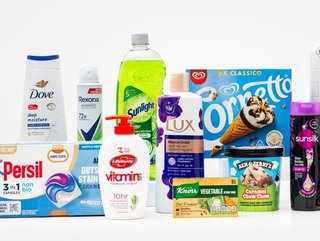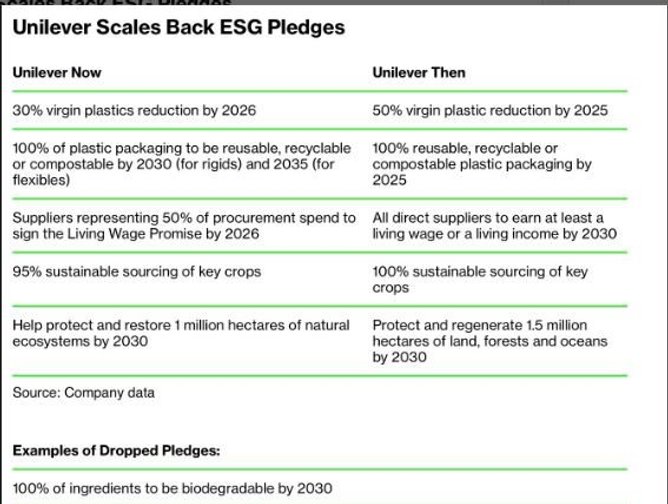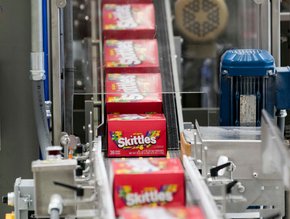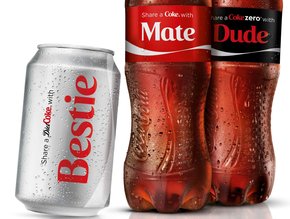Unilever Dilutes ESG Ambitions in Favour of Market Growth

Unilever has long been a darling of the corporate green movement, yet a huge shadow has now been cast over that reputation, after the company's CEO Hein Schumacher announced a scale-back of its ESG goals, including watering down key targets in the area of plastic usage.
The shift in approach comes amid growing pressure from shareholders in global corporations to cut costs and focus more on stock market performance than ESG.
With the provocative headline: ‘Defining a new era for sustainability leadership’, Hein announced the company "has learned from experience we need to be more focused in our allocation of resources to make tangible progress on the big, complex challenges we face”.
He added: “The reality is that Unilever’s sustainability agenda covers a wide range of issues."
Unilever’s CEO says its approach to ESG needs to “evolve” and adds that it will be pinned on three areas:
- Allocating resources to "our biggest sustainability priorities"
- "Driving action towards our long-term ambitions"
- Addressing enablers and blockers of progress outside of our direct control.
He adds: “Our updated commitments are very stretching, but they are also intentionally, and unashamedly, realistic. We are determined that Unilever will deliver against them, just as we are determined to perform against our financial goals.
“We want to set sustainability ambitions which are credible, which we believe we can deliver against, and which have real positive impact.”

What does it mean for Unilever’s ESG targets?
As the above table shows, there are some significant areas of deceleration.
For example, Unilever, one of the largest users of plastic packaging in the world, had promised to halve its use of virgin plastics by 2025. Now, it will target a reduction of a third by 2026 – equating to about 100,000 tonnes more fresh plastic every year.
The company is also dropping a promise to spend US$2.1bn a year with diverse businesses by 2025.
Climate groups are aghast.
“Climate change and plastic pollution are not going away anytime soon and huge food companies like Unilever will also feel their very real-world impacts,” says Nusa Urbancic, CEO of the Changing Markets Foundation NGO.
“The commitments that they decided to weaken were designed to tackle some of the most important material challenges for the sector.”
Greenpeace UK’s Plastics Head Nina Schrank said the company’s executives “should hang their heads in shame" and that Hein Schumacher and his board "are well aware of the ruinous impact of their plastic pollution".
She added: “The tsunami of plastic they produce each year meant their existing targets were already not fit for purpose. We needed much more. And so rather than doubling down, they’re quietly dressing up their backpedalling and low ambition as worthy pragmatism.”
Is Unilever ESG pragmatism the right approach?
Yet Alison Taylor, Clinical Professor at NYU Stern School of Business, believes Hein has got it right.
She says: “Actually, I use Unilever’s old materiality map in class as an example of baggy, vague, over ambitious goals and self-aggrandising commitments that make little sense and falsely suggest a mayonnaise and soap company can solve intractable societal problems.”
She added: “More sober, restrained, realistic commitments on fewer issues that the company can actually influence is good news, especially combined with a recent focus on policy alignment.
“And the common practice of setting flagship goals, then hoping no one notices when you miss them, then setting new ones a year later, needs to go away too.”
She concludes by saying that “corporate responsibility as PR is over”.
Unilever ice-cream sell-off and job cuts a harbinger?
Perhaps the writing was on the wall back in March, when Unilever announced plans to sell off its successful ice cream business in a bid to “refocus its operations", rationalising operations around Beauty & Wellbeing, Personal Care and Home Care & Nutrition.
Explaining that decision at the time, Unilever said it is “focused on a portfolio of superior brands with strong positions in highly attractive categories that have complementary operating models”.
Work on selling off Ice Cream is already underway, with full separation expected by the end of 2025.
Perhaps even more tellingly, Unilever revealed that the proposed changes will impact around 7,500 roles globally, with most of these being office-based. In all, total restructuring costs are expected to be around 1.2% of Group turnover for the next three years.
About Unilever
UK-based Unilever is a huge global company, ranked at 104 in the 2023 Forbes Global 2000.
It produces brands including Ben and Jerry’s, Hellmann’s, Domestos, Cif, Dove, Vaseline and Knorr.
Statistics include:
- 128,000 global employees
- 280 factories
- 57,000 suppliers in 150 countries
- AAA- 2023 rating in CDP forests, water and climate
- A 74% reduction in GHG emissions in its operations since 2015






